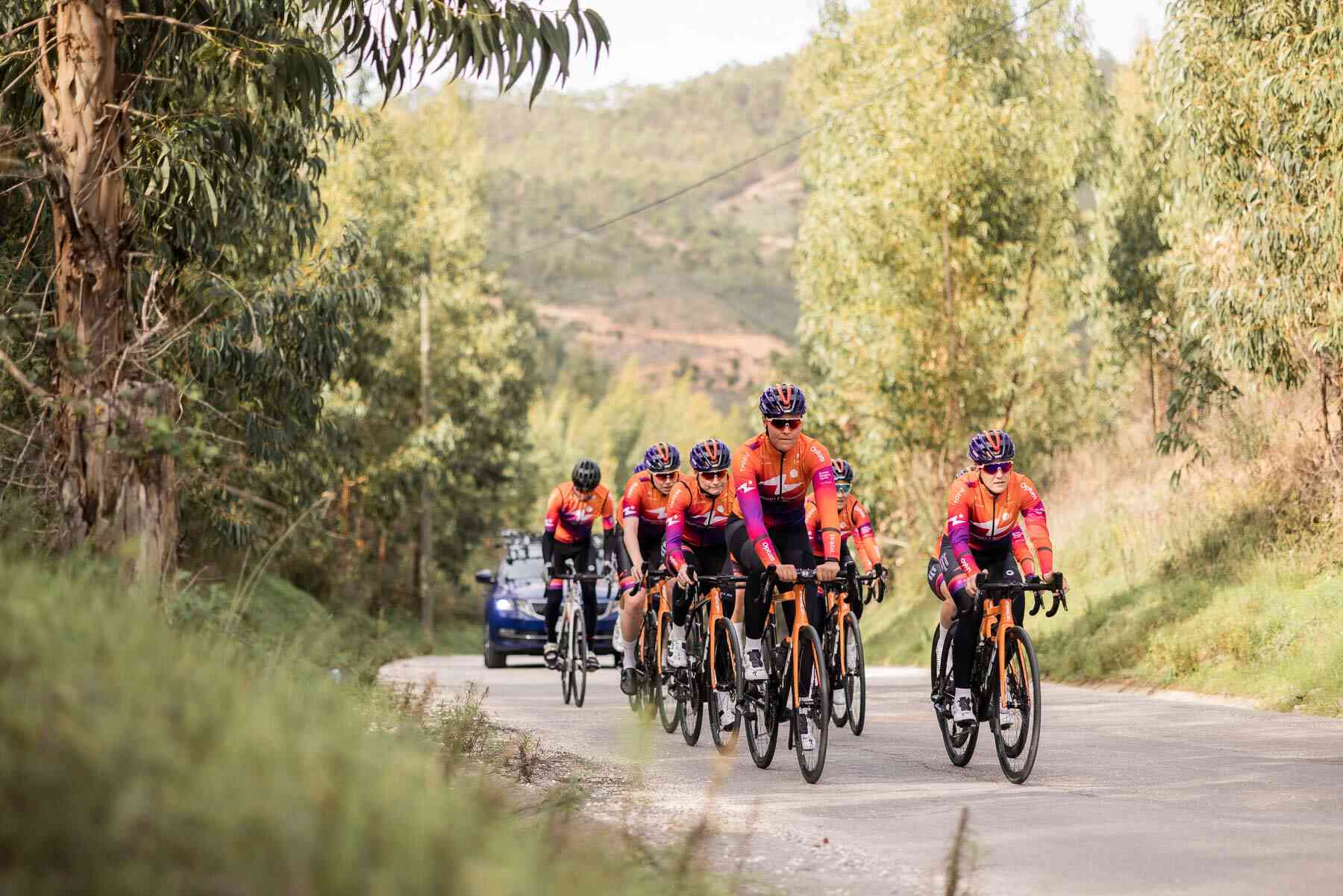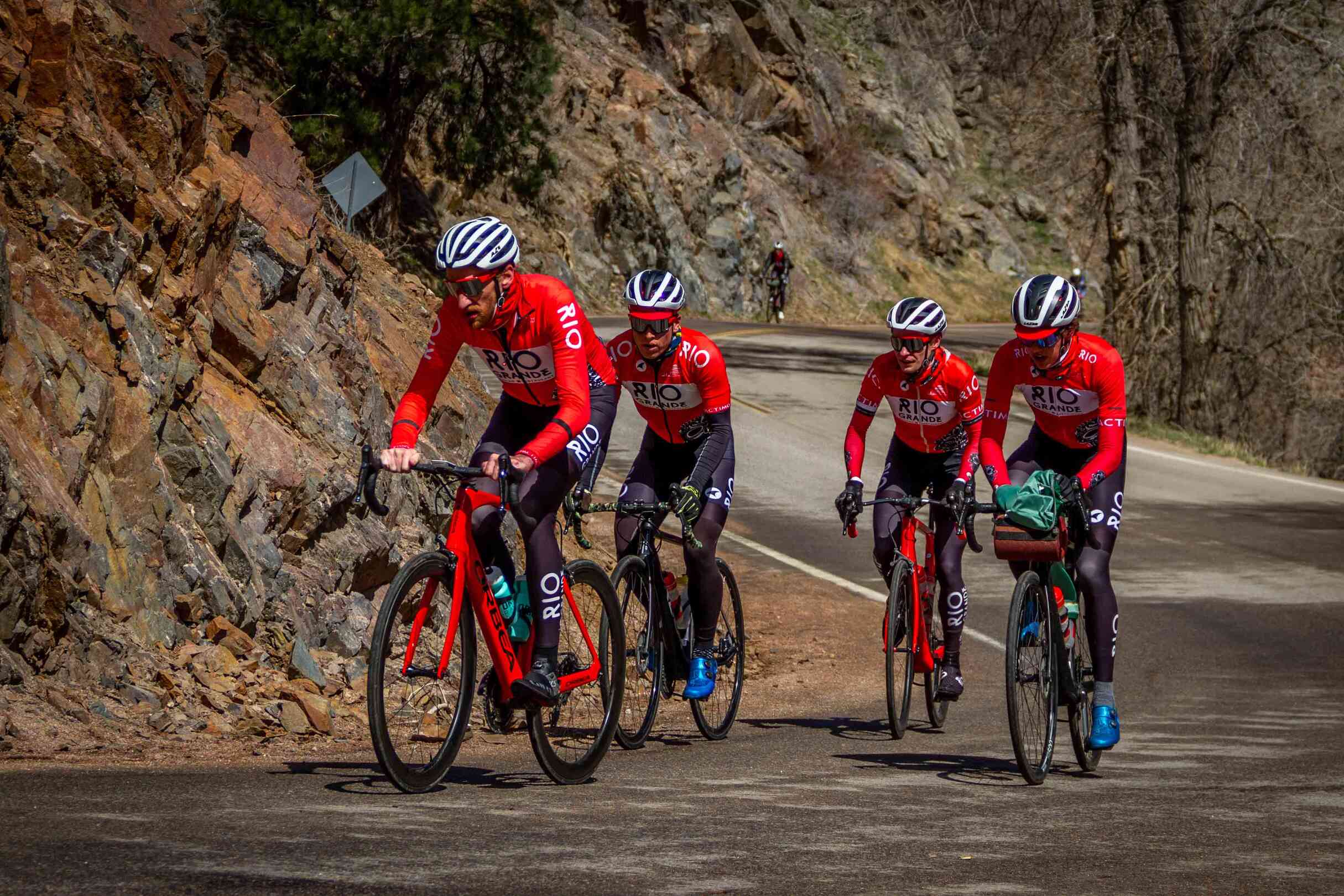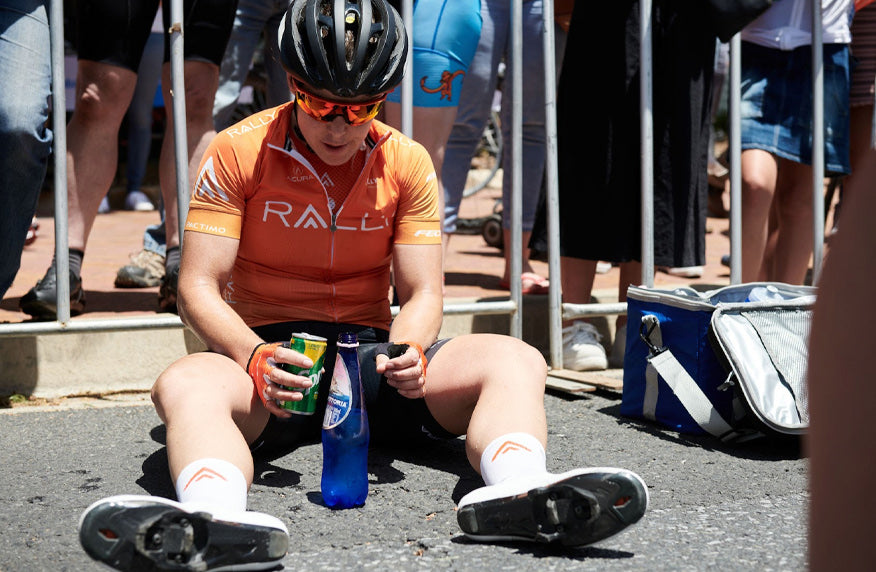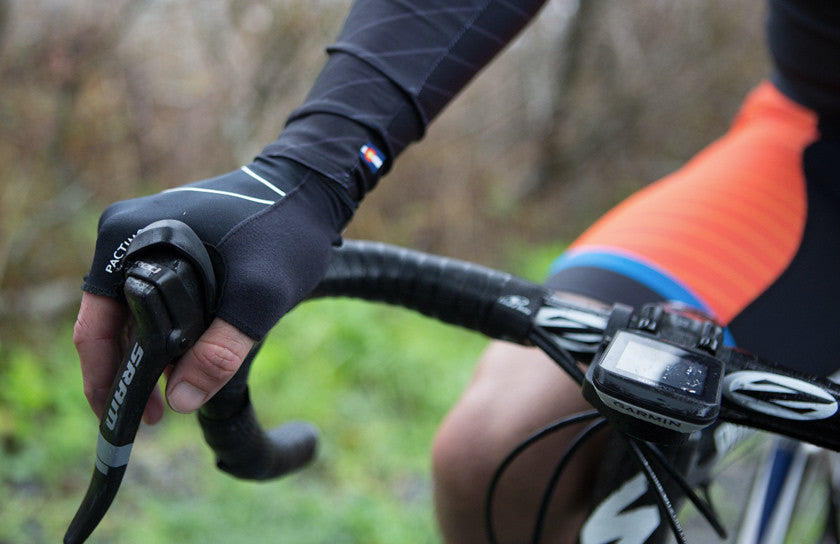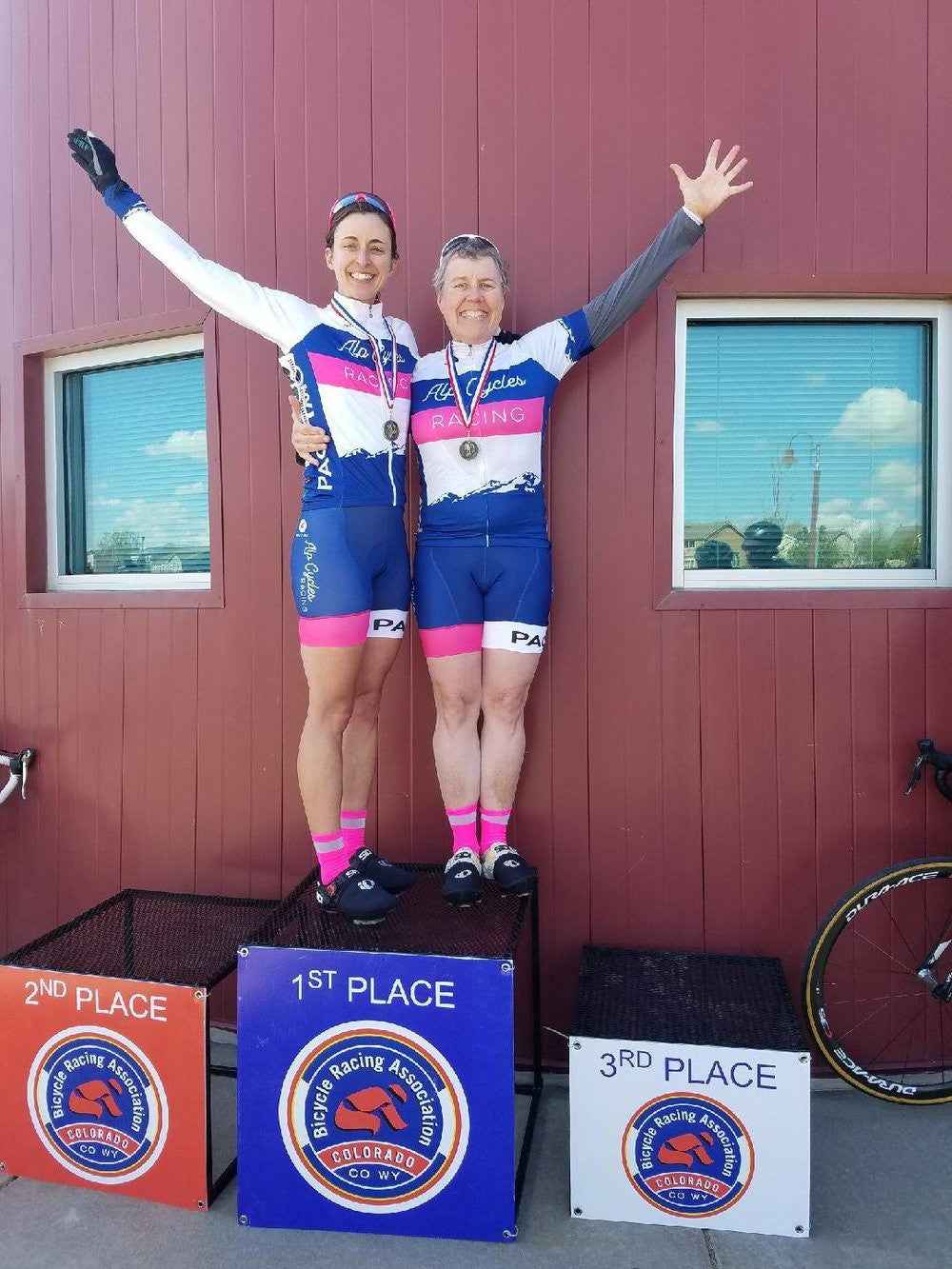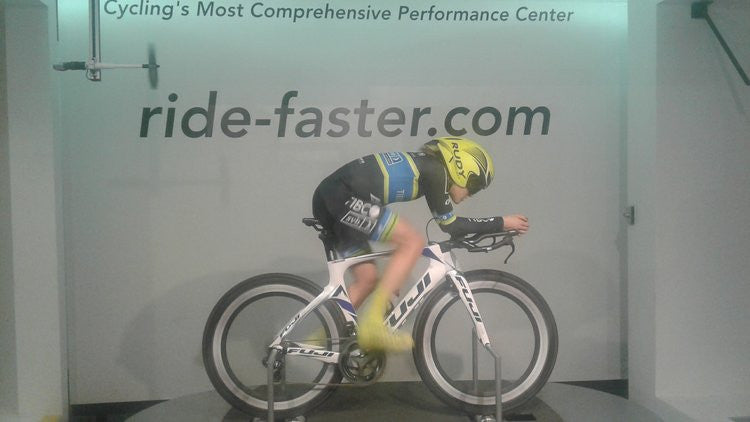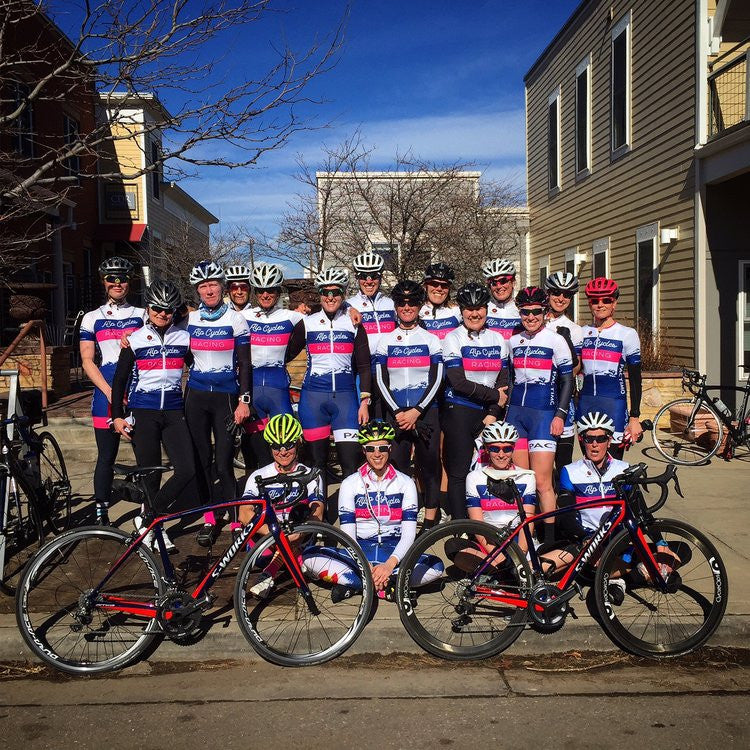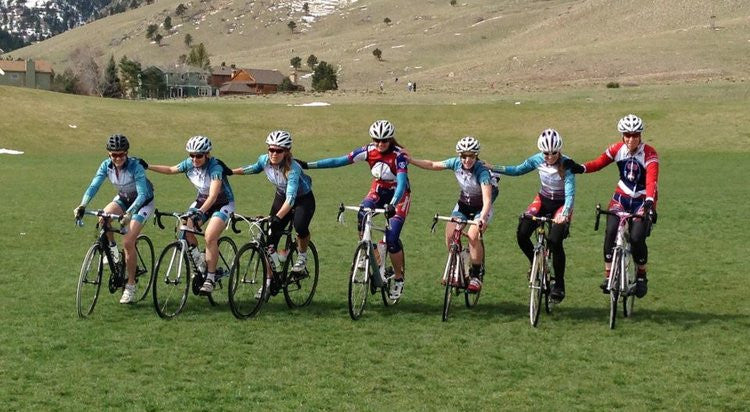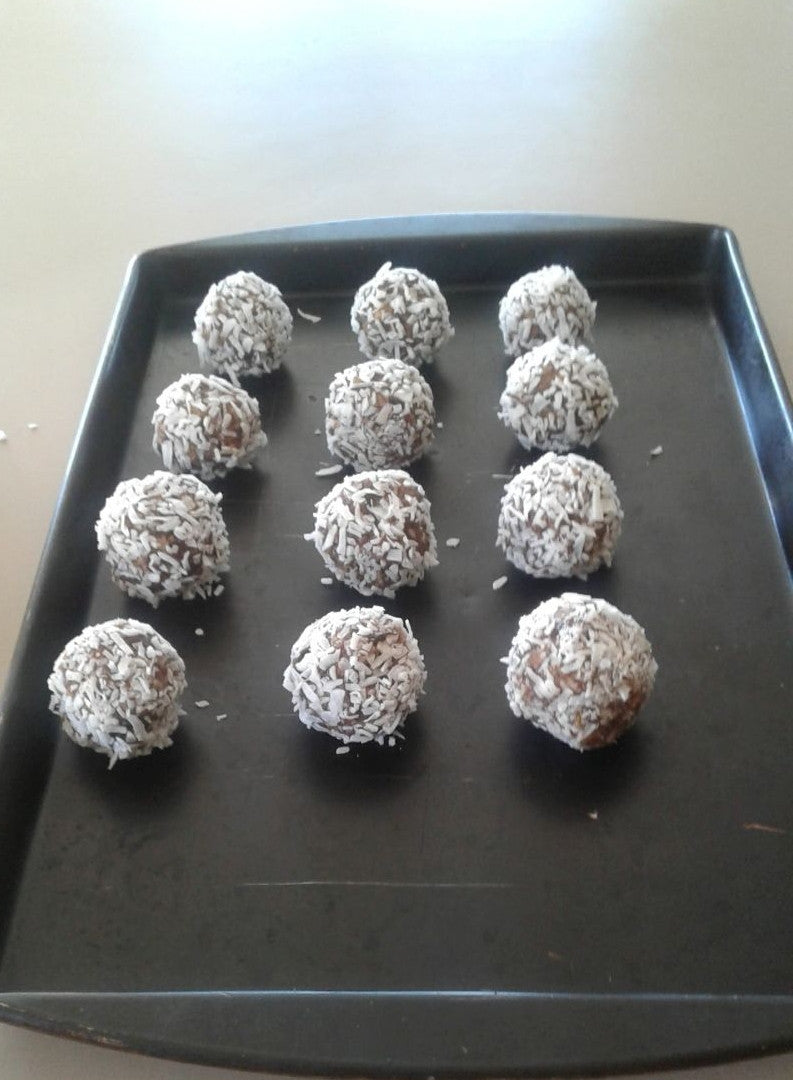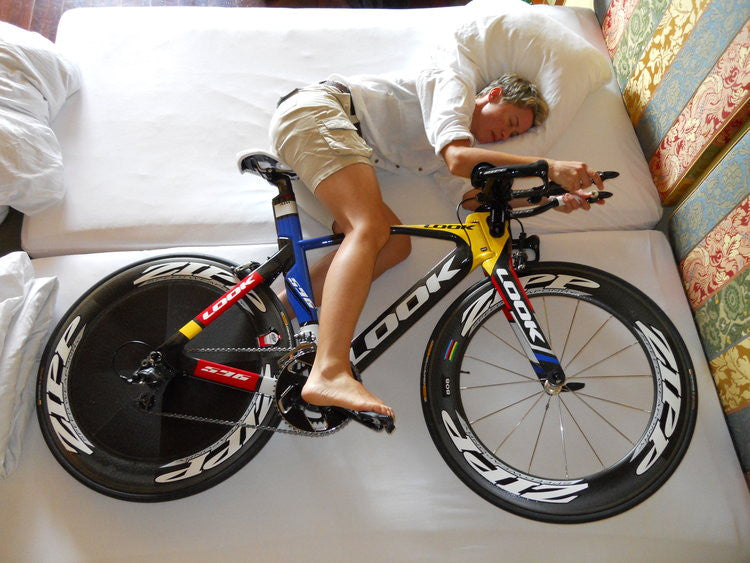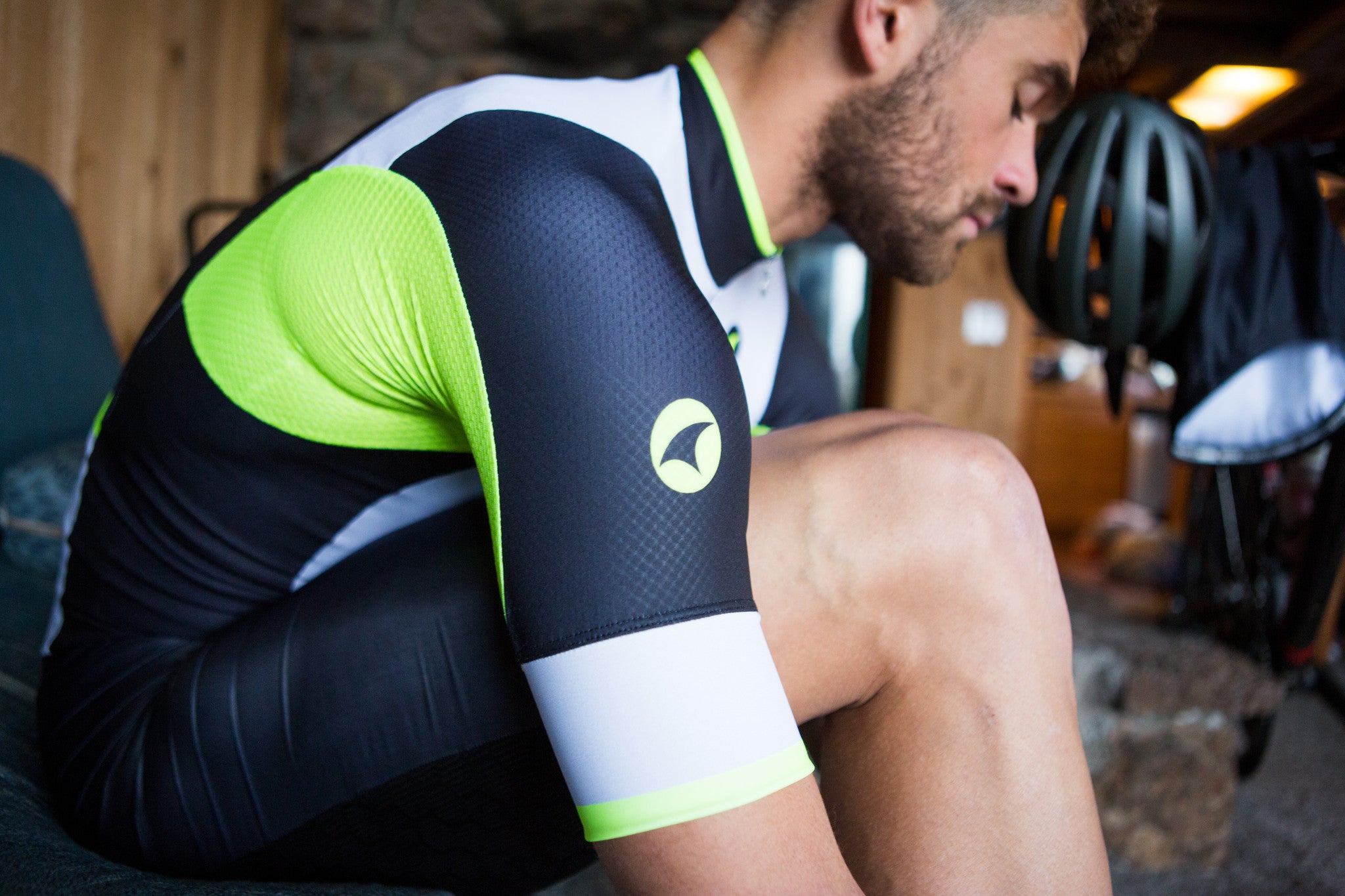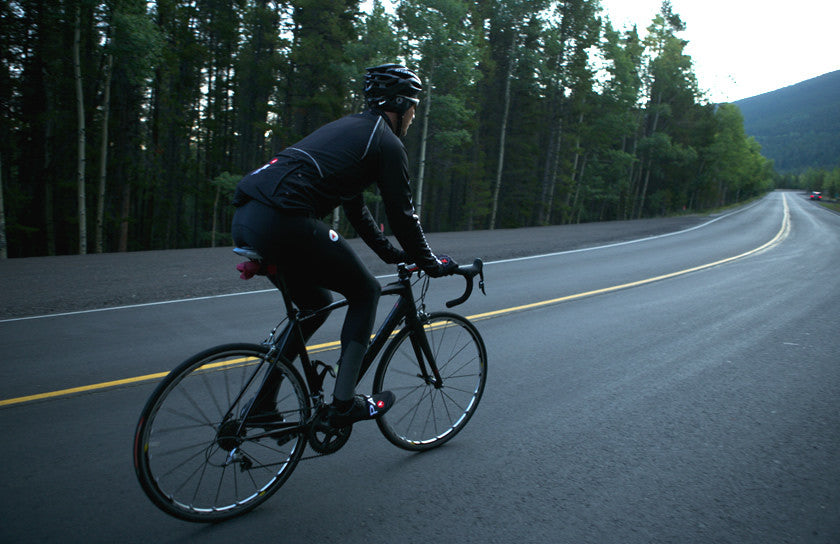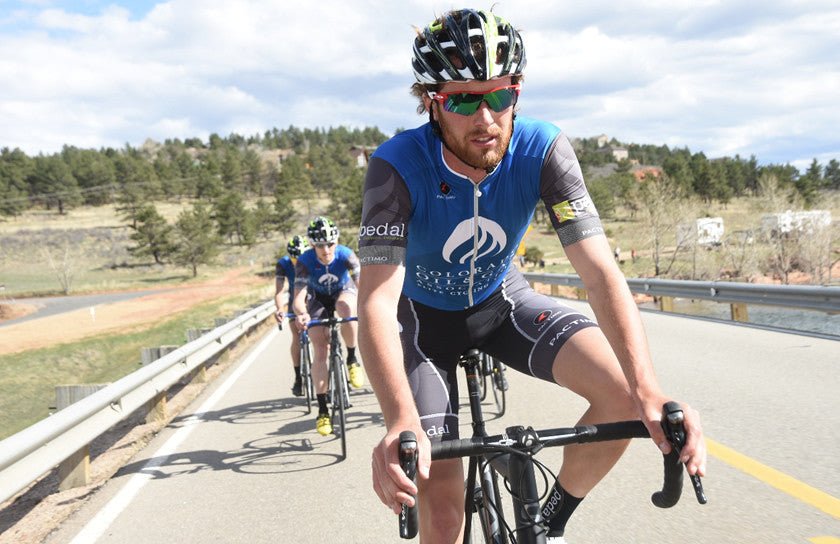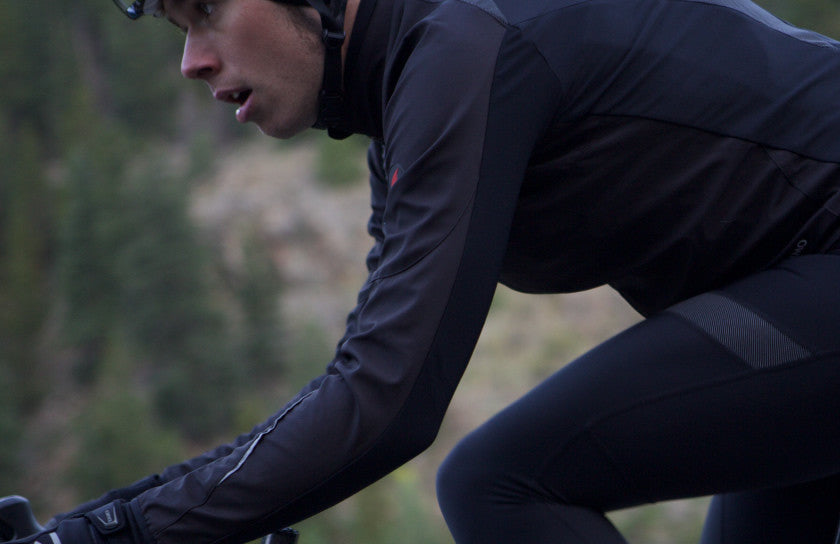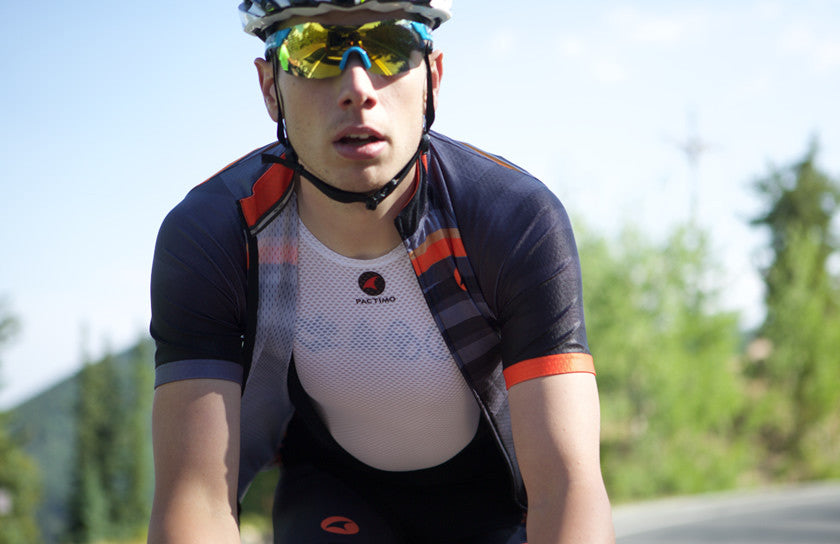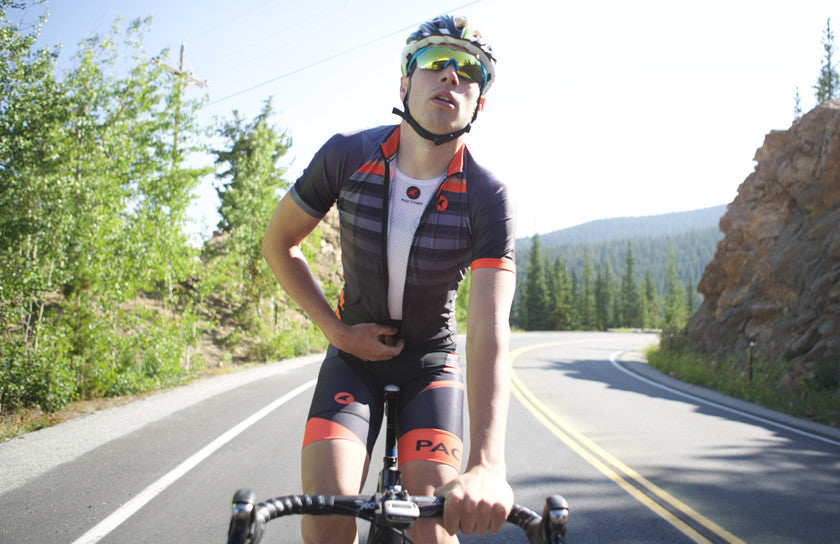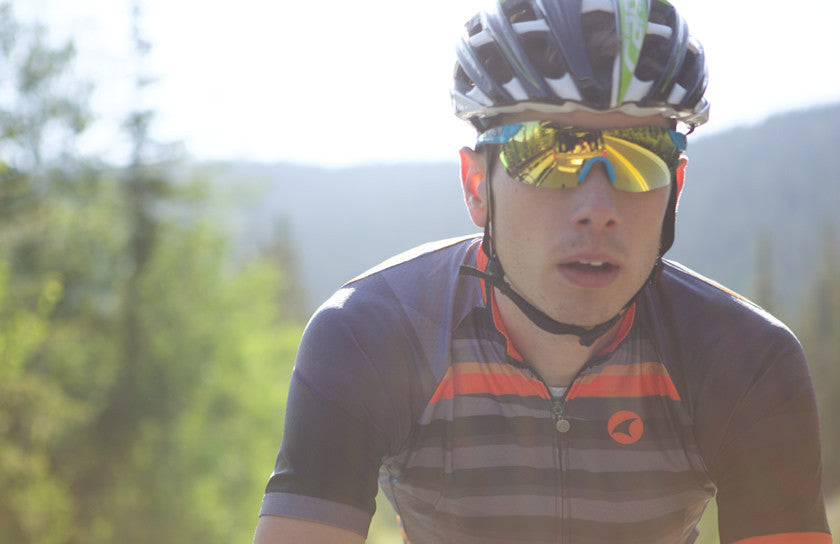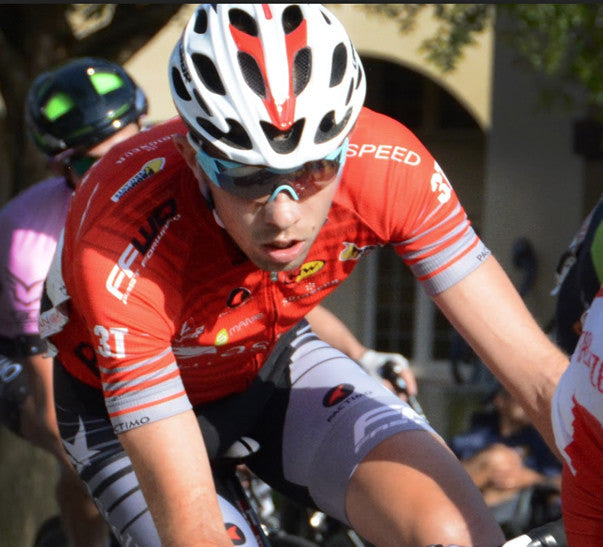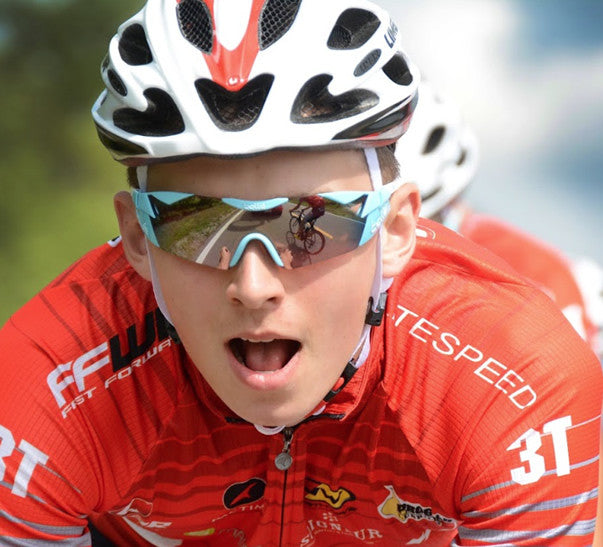Doesn't Fit? Send it back! FREE Returns & Exchanges
Sign up and save
Subscribe to get special offers and exclusive deals.
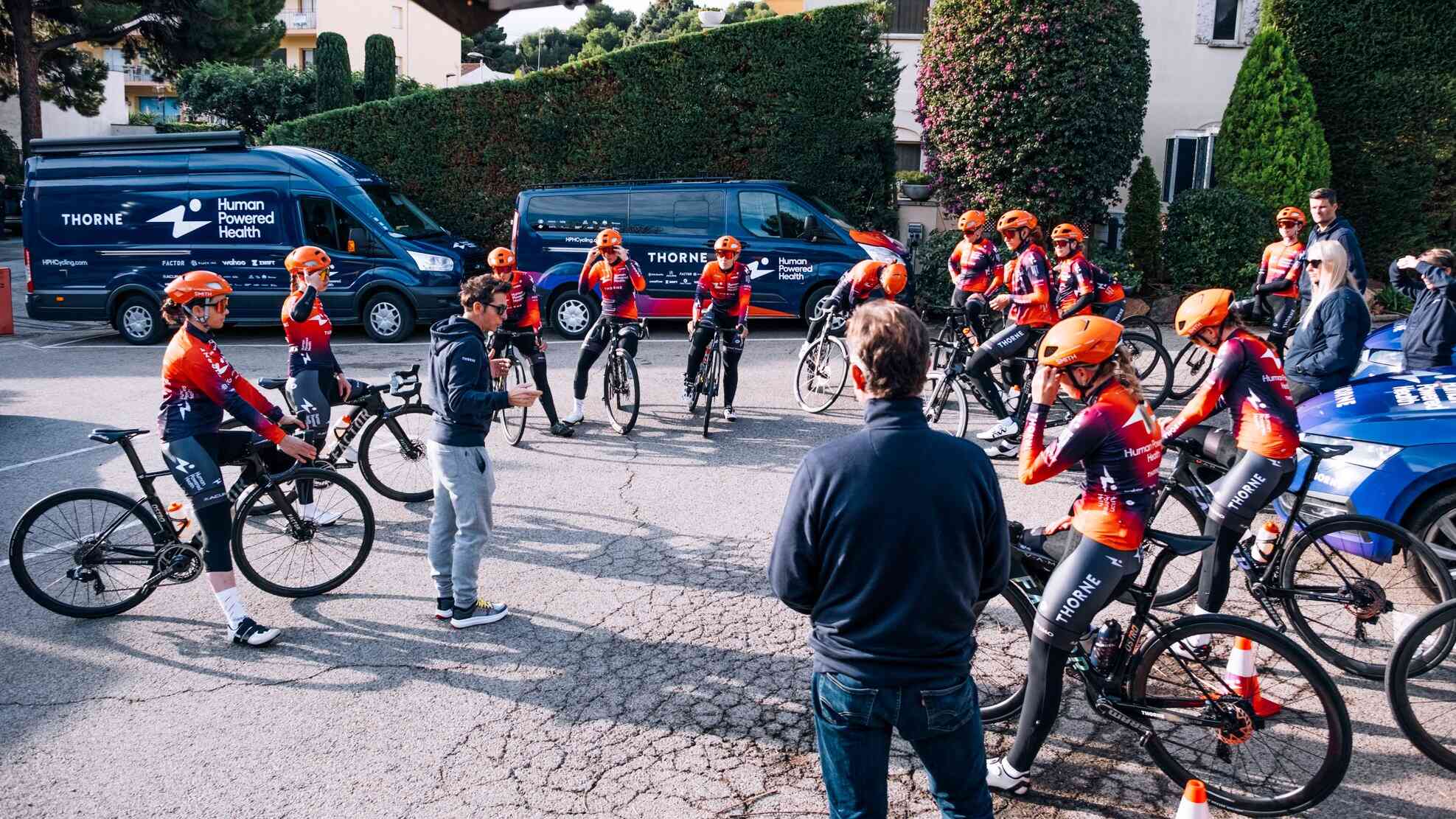
We all have a pain cave. The question is - how deep do you dig when you approach it? How willing are you to push beyond your perceived physical and mental limitations? And what is it you fear most that you tend to avoid because it shines a light on an area you need to address?
"How many of you have overtrained?" asked Dr. San Millan to a room full of 25 coaches and athletes.
Every single person raised their hand.
Everyone, at some point in their athletic lives, will overtrain. In the summer time it's easy to throw in extra mileage even though you've done 15 hours of riding that week and it's only Friday - what's the harm? And while it's ok to pile on the extra miles every once in a while, making a habit of it means you'll eventually find out why rest days are super important. And that lesson could cost you a week, a month, a season or a full year.
Sign up and save
Subscribe to get special offers and exclusive deals.
